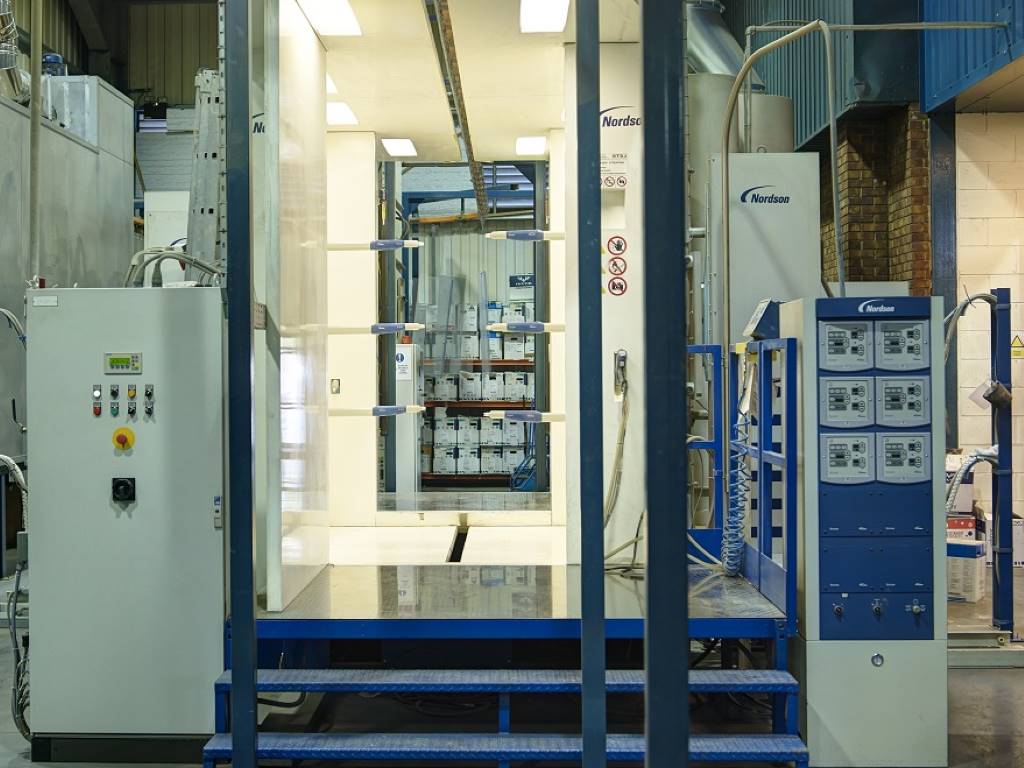Curiosity on the curriculum
The current skills shortage in manufacturing and engineering is causing headaches for many UK companies at the moment. It’s a real catch
The current skills shortage in manufacturing and engineering is causing headaches for many UK companies at the moment.
It’s a real catch 22 scenario – business is generally good and companies want to invest and expand, but it’s proving a real nightmare recruiting the calibre of staff required to effect that growth. Decent engineers are in high demand – a trend that looks set to continue.
Which is why for aspiring youngsters there’s never been a better time to consider engineering and manufacturing as a career – a view shared by the Manufacturing Technology Centre’s technology director Ken Young. He believes that schoolteachers hold the key to solving the skills shortage and he’s absolutely right. To get kids interested in making things and developing a natural curiosity towards the way things work, they need to be exposed to this way of thinking at a pretty early age.
To quote Ken directly: “Many youngsters grow up with a negative idea of engineering and manufacturing and so fail to consider it as a career. By the time a youngster reaches the age of 16 it’s too late; even 14 is too late,” he states. “It is up to teachers at our primary and secondary schools to encourage curiosity and help children question how things are made. We look to teachers to be ambassadors for manufacturing and engineering – and this means they themselves must be well informed.”
Spot on, but the key words here are ‘well informed’. When I completed my apprenticeship in the mid-1980s it was becoming painfully evident that the UK was shifting towards a much more service-orientated existence. The company I was working for by the mid-1990s had outsourced all of its manufacturing to Hungary. By 1998 the plant had shut its doors and put the cat out for the last time.
But this demise didn’t only affect engineers – it affected teachers too, working in a world where engineering was off the radar. Engineering and technology subjects began to fall off the curriculum and we slumped into a manufacturing dark age. Thankfully we’ve come a long way since then in terms of putting engineering back where it belongs but the skills shortage is still a persistent thorn in our side.
So as Ken ultimately points out in his article – yes the responsibility does indeed lie with teachers but the real buck stops with educational policymakers who need to empower and equip teachers to be able to teach the skills needed to ensure engineering has a positive future in this country. This means allowing kids from an early age to experience and integrate with industry first hand and, dare I say it, introduce a bit more flexibility into the curriculum.












